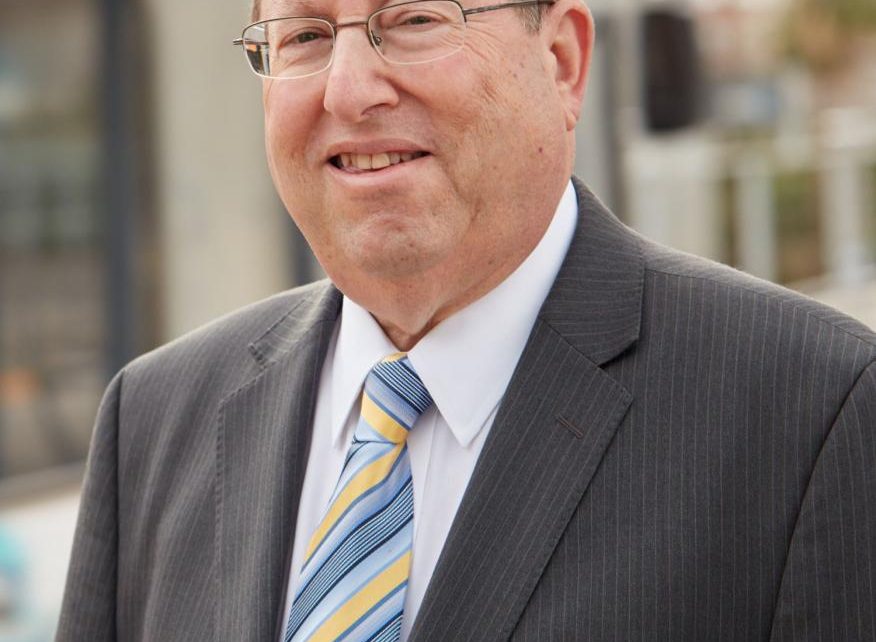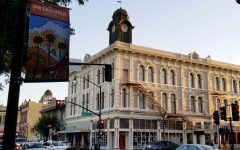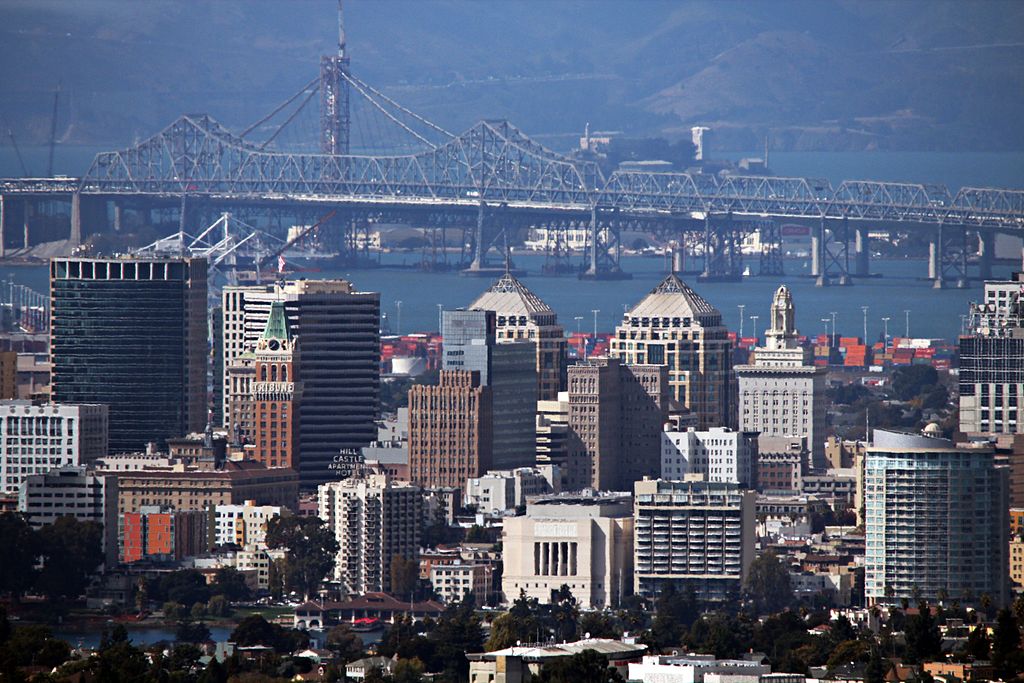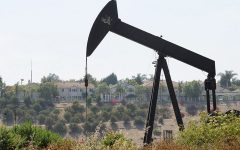
LA Makes Proposes Ending Construction of New Gas Stations in City in Nod to EV Policies
Many Angelinos and transportation experts immediately opposed it
By Evan Symon, June 23, 2022 2:30 am
A proposed policy to end the construction of new gas stations in the city of Los Angeles moved a step forward on Wednesday, with Los Angeles City Councilman Paul Koretz announcing that he is currently working on the policy along with several smaller cities across the U.S. and Canada.
Starting with the city of Petaluma in Sonoma County in March 2021, many cities and towns have passed laws prohibiting the construction of new gas stations, using it as a way to quicken adoption of electric cars and become carbon-neutral. In the past 15 months, other towns in California have followed in Petaluma’s footsteps, including Rohnert Park and Sebastopol. However, until Wednesday, the largest city to announce a policy being worked on was Santa Rosa, a nearby city of Petaluma with a population of around 180,000.
But on Wednesday, LA inched closer to joining the SAFE City movement, a group of cities whose aim is to limit fossil fuel usage with local policies. Going off of Petaluma’s policy, Councilman Koretz noted in a statement that he hoped to wean LA off the gas-powered car with his proposed policy.
“We are ending oil drilling in Los Angeles,” explained the Councilman. “We are moving to all-electric new construction. And we are building toward fossil fuel-free transportation. Our great and influential city, which grew up around the automobile, is the perfect place to figure out how to move off the gas-powered car.”
While the Councilman didn’t say when a draft ordinance or possible vote would be coming, staff members at Koretz’s office said that the Councilman hopes to see the policy continue to advance by the end of 2022.
“Our daily bad habits are destroying the natural systems we depend on to exist. It’s really up to cities to turn around climate change,” said Andy Shrader of Councilman Koretz’s office on Wednesday. “If you have lung cancer you stop smoking. If your planet is on fire, you stop throwing gasoline on it.”
Major issues for LA, Angelinos if policy passes
While environmentalist’s and climate change advocates in LA supported the new policy on Wednesday, many Angelinos and transportation experts immediately opposed it, noting that a straight ban could potentially harm the city if the majority of residents don’t have electric cars and that, at the very least, numerous exceptions would have to be made.
“We don’t even have a preliminary outline of his plan yet, but even then there are a lot of problems and unanswered questions about this,” said Jose Merida, a transportation consultant for several cities in the U.S., Mexico, and Panama, to the Globe on Wednesday. “Does no new construction mean that a gas station cannot be replaced if damaged or destroyed? What if a gas station closes naturally in a poorer area and then there is no gas station in a large radius? Do you just say ‘Sorry poor people, we aren’t going to build a new one for you despite you being unable to afford electric cars?’ What if a law enforcement agency or fire agency requests to build one in an area where gas-powered vehicles are needed? Is that ignored? LA just isn’t some small city or town that can take on a policy like this overnight.”
“I agree more electric cars are good, because that’s where the future is going, but a change needs to be gradual. A lot of cities are installing electric charging stations and giving incentives for a gradual change, because most people want to let their current car run it’s course. Cars are expensive, so that change won’t happen overnight, especially in low income areas. Then simply gradually change over as the car types indicate. If they make a battery than can hold a charge for months, can last for hundreds of (miles) comparable to cars now, and can charge as fast as it takes to gas up, there will be a quick change. But technology isn’t there yet for more widespread adoption. LA passing this would help force it before the city is ready.
“It may seem trivial, building new gas stations. But once they start to close or move, and other things like that, and the people aren’t ready, people will be demanding them. I don’t Koretz realizes this for a city the size of LA. His heart is in the right place with the environment, but he’s not exactly being the most friendly to the residents on this one. Gradual change works. Sudden change, well, it never works well when it comes to environmental regulations. It’s why leaded gas and DDT sprays had to go out gradually.”
Koretz’s proposal is expected to advance later this year.
- Bill to Require Law Enforcement Disclosure if AI Was Used To Help Write Reports - August 7, 2025
- Gov. Newsom Files FOIA Request To ‘Expose True Cost’ Of L.A. Federal Troop Deployment for Anti-ICE Riots - August 6, 2025
- California Redistricting: How Newsom’s Plan Will Demolish Hard Fought GOP Gains - August 6, 2025





And this fool Paul Koretz is actually the best choice for the job of L.A. Controller! Against an absolutely unacceptable radical opponent who would be an even worse disaster. If you can believe it…..
L.A. government is a nothing but a bunch of losers that couldn’t run their own lemonade stand. I haven’t bought gas in the city in years. I buy my gas at Costco. OUTSIDE the city of L.A.
You’re a smart man…
This Jose Merida fellow has stated it very well. While all-electric may be a worthy long term goal, it must come about as technology improves and electric cars become more affordable.
And Paul Koretz gained his knowledge and experience in engineering from…?
great
With gas prices soaring to unaffordable levels in LA where gas vehicles are the overwhelming mode of transit for most people, Democrat Councilman Paul Koretz and his Democrat cronies on the LA City Council should be doing everything they can to reduce gas prices and encourage competition? The eltitist Democrat cabal that controls LA is completely out of touch with LA residents? They only know how make LA more unlivable and miserable than it already is?
Who gave these arrogant dimbulbs the idea that their religious beliefs should be the basis of law?